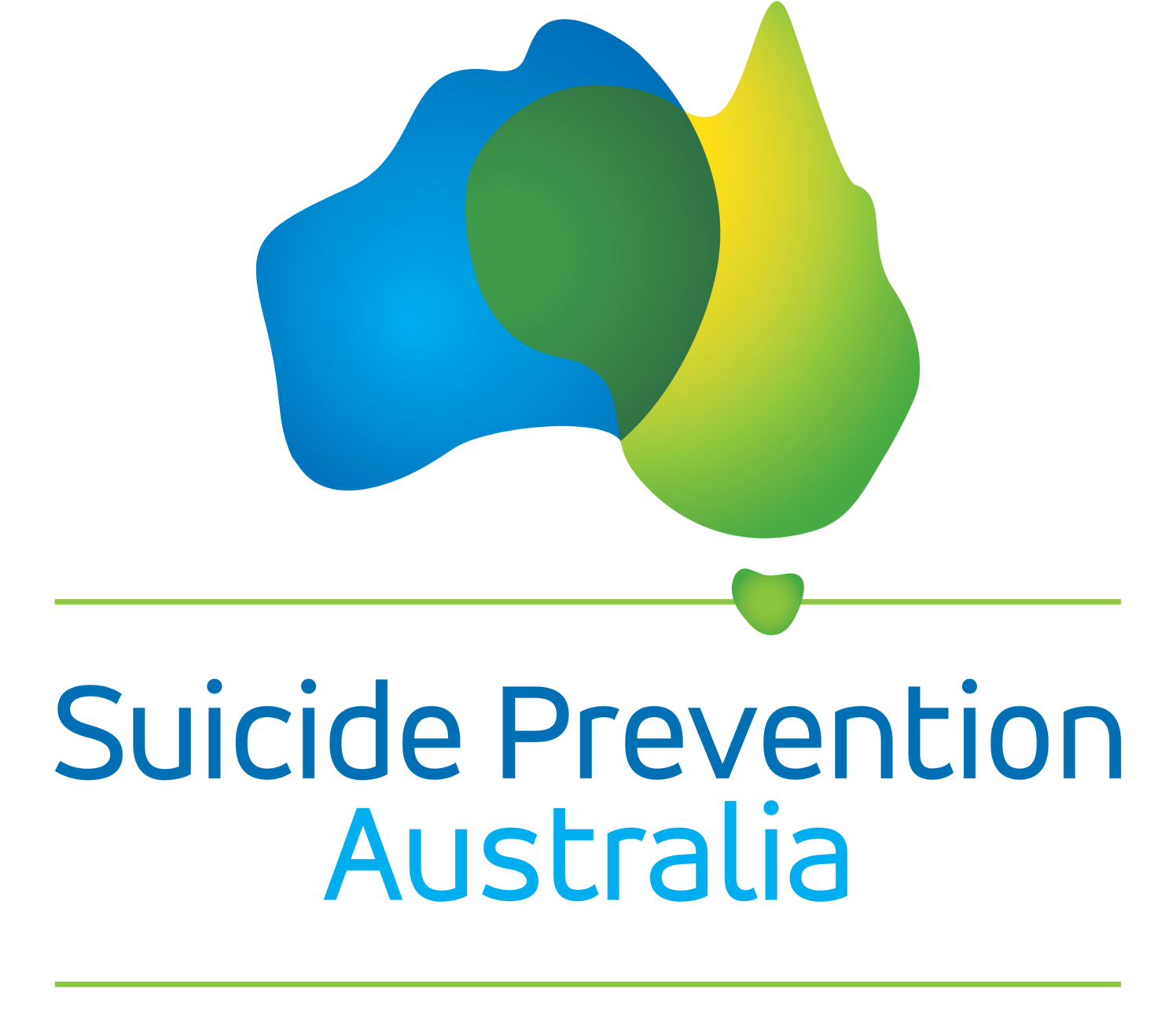Lead Investigator: Professor Katherine Boydell
Investigative Team: Professor Jill Bennett, Dr. Peggy Brown, Benjamin McKinnon, Dr. Stephen Parker, Nicole Dickson, and Gabrielle Vilic
Research Manager: Stephanie Habak
Partner organisation: Metro South Health, STRIDE

